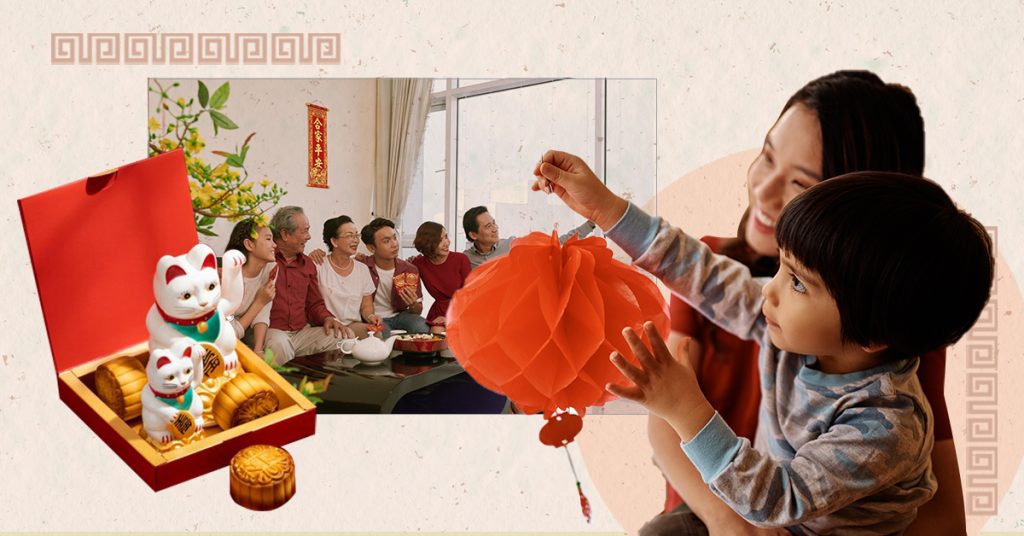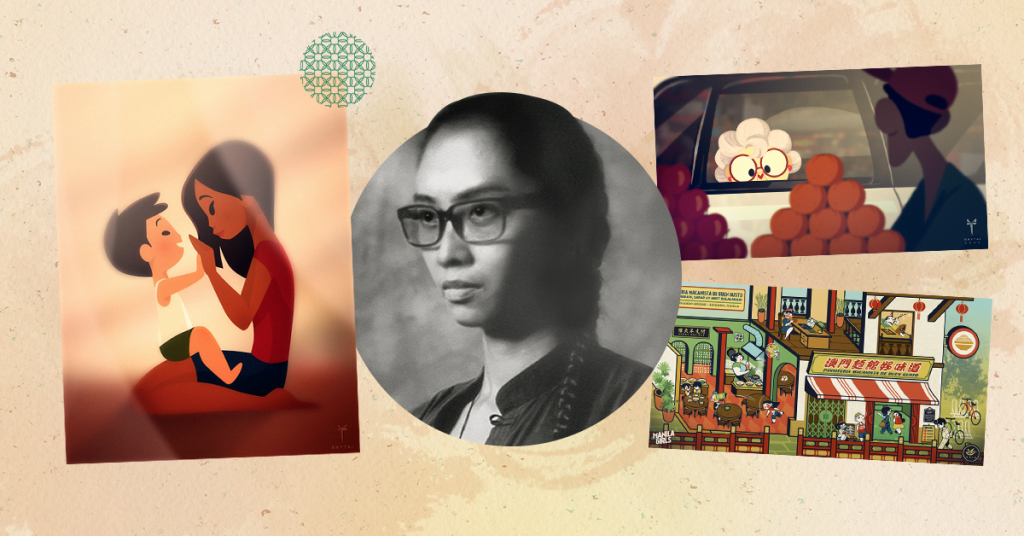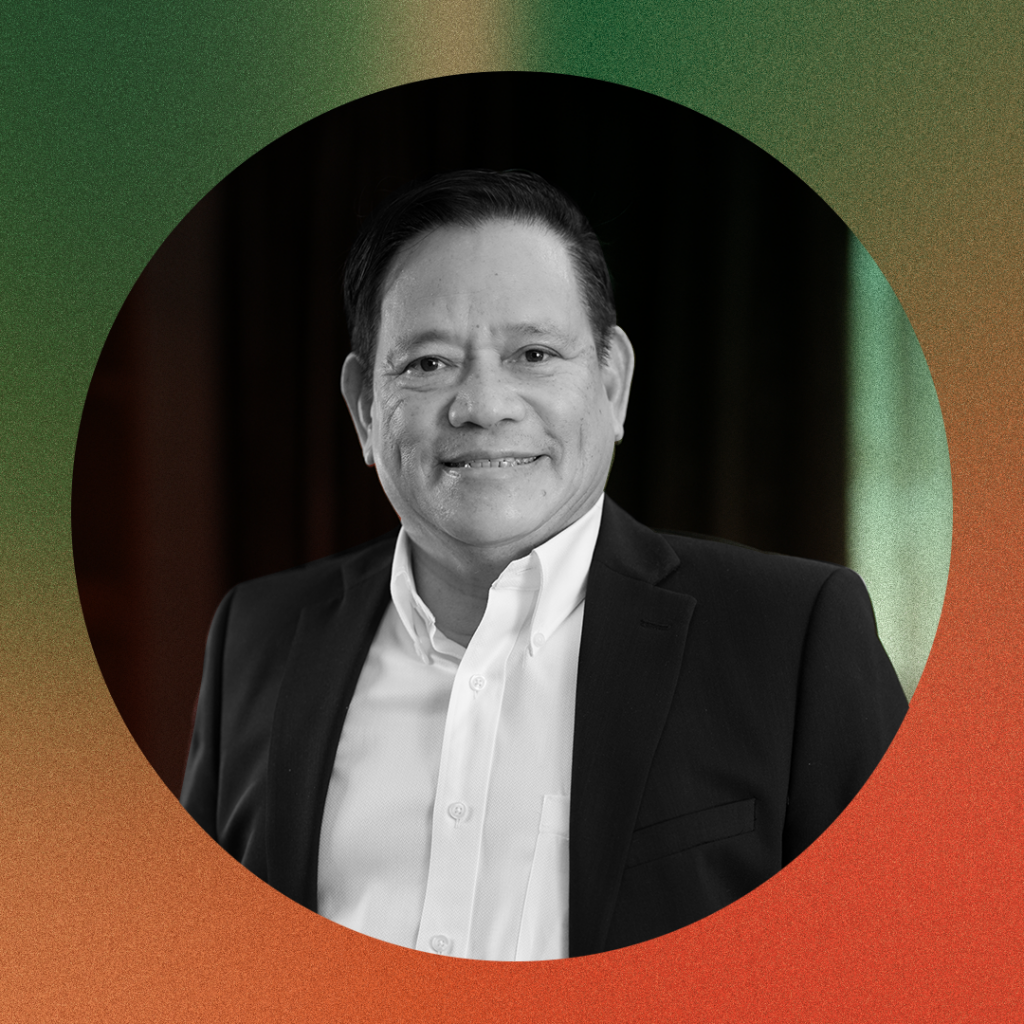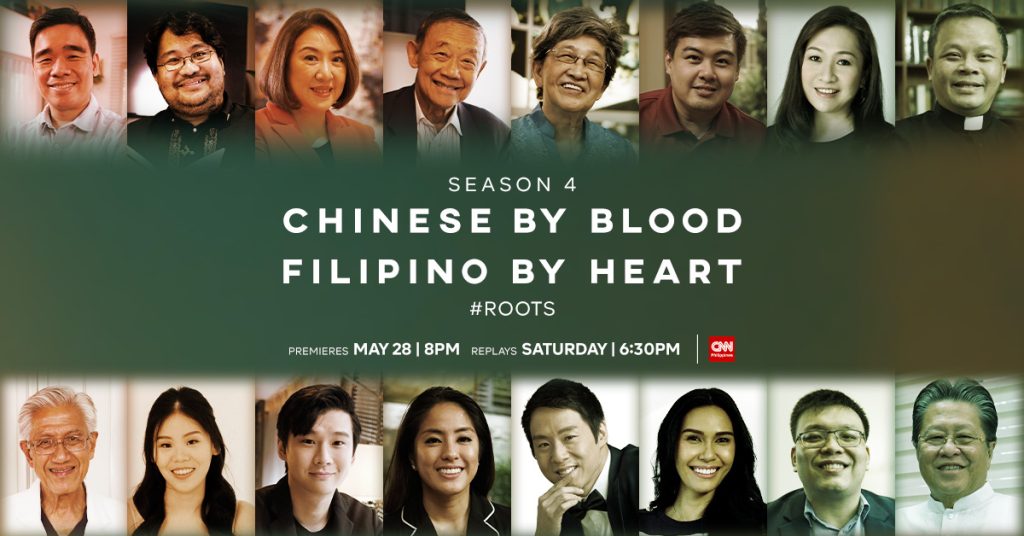We’ve all seen those coming of age movies, where the main character sets off for college, says their heartfelt goodbyes to their family, and moves into a dorm or an apartment. We expect it to be temporary, that they would only stay there for the duration of their college years, but it turns out, college actually marks the start to their journey of living alone. It doesn’t matter if they’re not married yet or if they’re still living off an entry-level salary. They are more likely to find a roommate to live with rather than move back in with their parents. This might seem strange from the perspective of Filipinos and Chinoys, especially since it’s more common for them to live with their parents even long after crossing the threshold of adulthood, but it all boils down to a matter of cultural difference.
In Western culture, most children are expected to flee the nest once they’ve reached a certain age and failure to do so would only result in embarrassment for both the children and the parents, because it means that the children are unable to support themselves. It’s an entirely different matter for Asian culture because of the value of filial piety. Filial piety is a Confucion ethic defined as “the attitude of obedience, devotion, and care toward one’s parents and elder family members.” This is demonstrated by Filipinos and Chinoys through the act of caring for their parents as they grow old. Here, living with parents isn’t viewed as an embarrassment, but as a noble deed because it means you’re paying back your parents by keeping them company and being the one to provide for them. In fact, it’s actually less common to see young adults move out of their family homes because people might think they’re abandoning their parents in old age. It might make sense for parents to retire in elderly homes in other cultures, but for Filipino and Chinoy culture, leaving parents in elderly homes is seen as disrespectful.
There’s also a matter of close family ties. For Western cultures, “family” might only refer to immediate family members, whom they might not even see regularly. Some of them barely know their relatives, while some have probably never even met them. That’s not the case for Filipinos and Chinoys, given their love for large-scale family gatherings. They will never miss a chance to bond with their family, which is why it makes sense for them to want to live together.
There are also more practical reasons why Filipino and Chinoy adults still live with their parents aside from tradition, with the most obvious one being cost efficiency. This type of living arrangement would allow parents to retire comfortably while their sons and daughters take on the duty of providing for the family. The cost of living in the Philippines is high, but since they’re all living under one roof, sons and daughters don’t have to worry too much about renting or purchasing a house until marriage. But even if they are already married and are able to afford their own home, it’s also perfectly normal for the parents to move in with one of them (usually the eldest) along with their spouse. This is also beneficial because it means that the parents can take care of the grandchildren while their sons or daughters are at work.
Living with parents until adulthood is both practical and rooted in the culture of Filipinos and Chinoys, however, just because it’s a norm doesn’t mean it’s also a basis for shaming people’s decisions. The world has become a melting pot of cultures because of the wide reach of the internet, so if Filipino and Chinoy young adults are interested in the Western practice of living independently, then it should be up to them whether they want to move out or not. The same goes for young adults in Western countries who find it more practical to live with their parents than live alone. As long as they’re not entirely dependent on their parents in adulthood, then both options should be acceptable.














